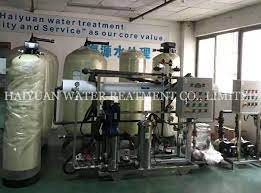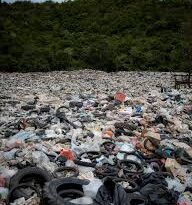Responsible Environmental Uses (Sustainable Development)
Responsible environmental uses better known as sustainable development as defined by WCED (1987), as an approach which seeks to reconcile human needs and capacity of the environment to cope with the consequence of economic, social and cultural systems of the environment, a process of change in which the exploitation of resources, the direction of investments, the orientation of technological development and the institutional change are all in harmony and enhance both current and future potential to meet human needs and aspiration.
According to BNRCC (2011), for development to be sustainable, it must promote equity within and between generations as well as within and between nations.
It concerned with improving the living standard of the poor and disadvantaged and it is applicable to all geographical scales.
Sustainable development is essentially about the provision of basic needs for all in a form that ecologically and culturally acceptable.
The solutions to environmental degradation are sustainable development, which means wealth creation based on renewability and replenishment rather than exploitation.
Experts are of the opinion that it is the integration of environmental considerations in technological and indeed all development planning processes in to development.
Sustainable development is all about the provision basic needs for all in a form that is ecologically and culturally acceptable.
The concept of sustainable development has been continuously modified over the years since 1987 when it was initially publicized by the world conservation union in its world conservation strategy in 1980 and the 1992 Rio earth summit.
Conventional interpretations varied widely with the view taking meanings which are based on different context
The European Union science Hub (2018), report presents six steps needed in order to achieve a sustainable environment in manageable way base on societal inclusion and human capacity, consumption and production, decarbonisation and digital revolution.

Image: Summary of the Role of Human in Achieving a Sustainable Environment: Adapted from the European Union Science Hub retrieved June, 2020.
Sustainable development is a societal rather than an environmental challenge, therefore a substantial advances in human capacity are needed through improve education and awareness, health care and economic development, responsible consumption and production, decarbonisation and sustainable energy consumption, nutritional food and clean water, smart cities with decent housing and inter connectivity as well as digital revolution.
Read Also : Roles of Producers and Corporations in Waste Management
In conclusion, the understanding of the relationship between population and environment will elucidate the need for man to adopt sustainable approach in exploiting its resources in order to avoid the unpleasant consequences and preserve it for generations to come.



